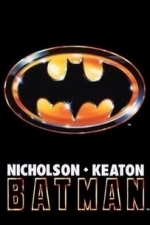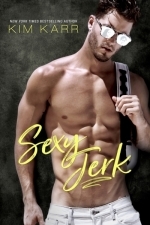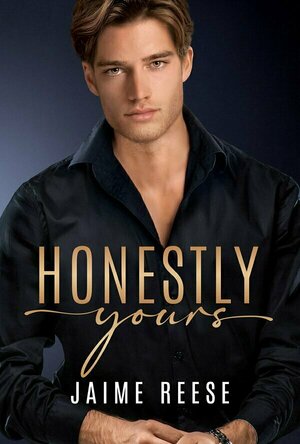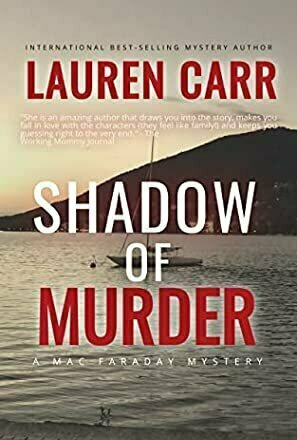Matthew Krueger (10051 KP) rated Batman (1989) in Movies
Oct 10, 2019
The Plot: Having witnessed his parents' brutal murder as a child, millionaire philanthropist Bruce Wayne (Michael Keaton) fights crime in Gotham City disguised as Batman, a costumed hero who strikes fear into the hearts of villains. But when a deformed madman who calls himself "The Joker" (Jack Nicholson) seizes control of Gotham's criminal underworld, Batman must face his most ruthless nemesis ever while protecting both his identity and his love interest, reporter Vicki Vale (Kim Basinger).
Keaton's casting caused a controversy since, by 1988, he had become typecast as a comedic actor and many observers doubted he could portray a serious role. Nicholson accepted the role of the Joker under strict conditions that dictated top billing, a high salary, a portion of the box office profits and his own shooting schedule.
The tone and themes of the film were influenced in part by Alan Moore and Brian Bolland's The Killing Joke and Frank Miller's The Dark Knight Returns. The film primarily adapts the "Red Hood" origin story for the Joker, in which Batman inadvertently creates the Joker by causing him to fall into Axis Chemical acid, resulting in his transformation into a psychopath, but it adds a unique twist in presenting him specifically as a gangster named Jack Napier.
Considered the role of Batman, including Mel Gibson, Kevin Costner, Charlie Sheen, Tom Selleck, Bill Murray, Harrison Ford and Dennis Quaid.
Brad Dourif, Tim Curry, David Bowie, John Lithgow and James Woods were considered for the Joker.
This film is great and should be watched.
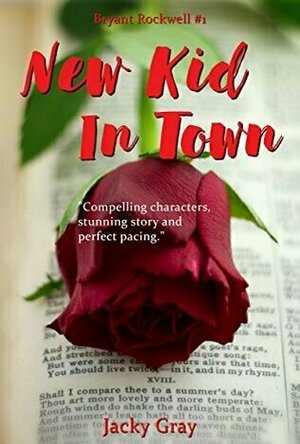
New Kid In Town
Book
Liv, Jude and Kat are greater than the sum of their parts. Separately they are Brainy, Sporty and...
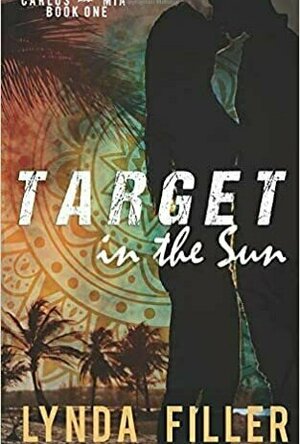
Target in the Sun (Carlos & Mia #1)
Book
'TARGET IN THE SUN', a moving, high anxiety romance thriller, takes place on a perilous journey...
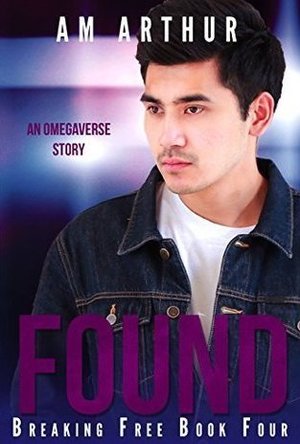
Found (Breaking Free #4)
Book
A widowed alpha finds something unexpected with a rescued, pregnant omega… Two years after his...
M_M Omegaverse Mpreg Romance Dark

Dark Flame (Flame #3)
Book
Committed to the rule of law, vampire Brannick falls hard for a beautiful fae who illegally seduces...
Adult Paranormal Romance
Debbiereadsbook (1664 KP) rated Honestly Yours by Jaime Reese in Books
Jun 2, 2022
Warren wants Gian, but Gian has only one rule: Be honest. It's the one thing he needs more than anything. But being honest with Gian might be the one thing that breaks Warren's heart.
I've been sick all week, and reading this was like a great big hug, wrapped around me, and made me feel so much better! (still sick, but getting there) I loved it, it could not have landed in my queue at a better time, and I will try to write a coherent review.
I loved Warren, he holds his cards close to his chest, but Gian pushes Warren, makes him want to be different this time. I loved Gian, and how bloody patient he is with Warren. I loved ALL the P words used here, I thought that was incredibly cute.
I loved being thrown for a loop when things went down, cos there were several things I did not see coming at me and I love being kept on my toes. I thought this was gonna be a light and fluffy romance, but it isn't and I loved being made to see that I didn't really want light and fluffy, I wanted deep and meaningful and something full of surprises!
It does get a bit dark, when Warren is describing his childhood, but you do need it to get the full package that is Warren. It is so smexy! But there are lighter moments too, Gian is a lot of fun and his parents are wonderful people who see Warren, and they see just what Warren means to Gian, even if Gian can't voice it yet.
Written from both Warren and Gian's point of view, it covers a whole range of emotions and situations and I blooming loved it!
Thank you, Ms Reese for my copy.
5 full and shiny stars!
*same worded review will appear elsewhere

Light From The Grave
Book
I’m what nightmares are made of, but I’m not sure who’s more dangerous: him or me. In the...
MM Urban Fantasy Romance
Lindsay (1796 KP) rated Shadow of Murder (A Mac Faraday Mystery #14) in Books
Jun 7, 2022
This book had me going and wondering who would kill a whole family, including a law officer. There are a few main characters. We meet two of them right at the beginning of the story. Erica and Dusty.
I love the fact that mysteries are going on throughout the book. I enjoy that Erica and her friends seem to need to help the new local deputy chief. David gets some time with his wife and newborn. I recall David meeting a woman and a little boy I thought was introduced to him as his son?
Mac is pulled into a Chao once he returns from Europe with Archie. His son Tristain brings to life the disappearance of a missing person, a woman named Konnor Langston. Why did she disappear? It goes on from there. There are many mysteries and curses and stories of witches as the book goes on. I wonder who killed Erica's parents and why? Who taking advance of Larry? Why were Erica Hart's parents killed, and will Erica get justice for her childhood friend Konnor?
If you are looking for a good versus evil? This book has it. Once a dark shadow tries to harm Erica. Dusty seems to fall for a bird guiding him to help Erica. Will Erica and Dusty get together? There may be some romance for more than just two folks in the book. How will Dusty's father-law decide to find some love as well? There seems to be the talk of angels and demons? They're a bit supernatural in this book; that is a nice change to the story.

Silent Partner (Fox Hollow Zodiac #3)
Book
A psychic moose shifter. A handsome guy who is psychically silent. The chance for a fresh start, and...
